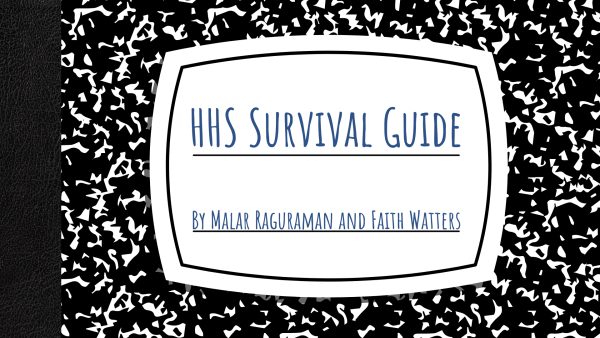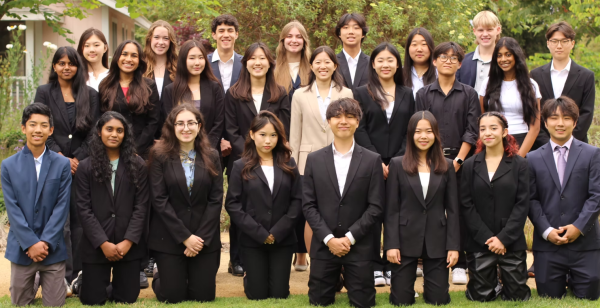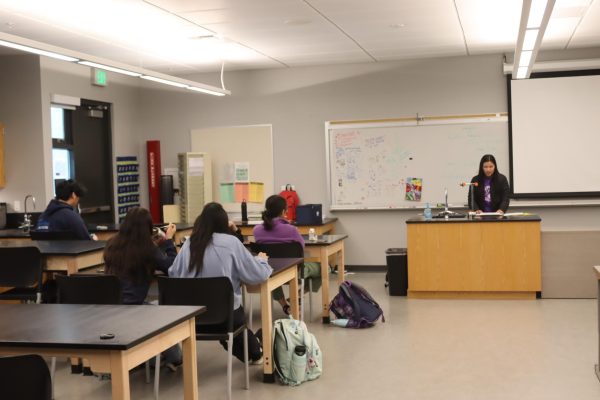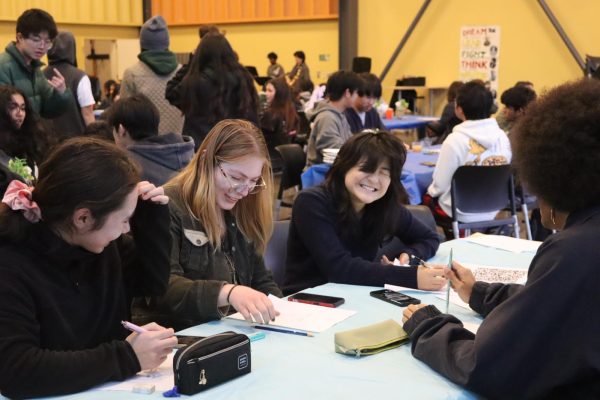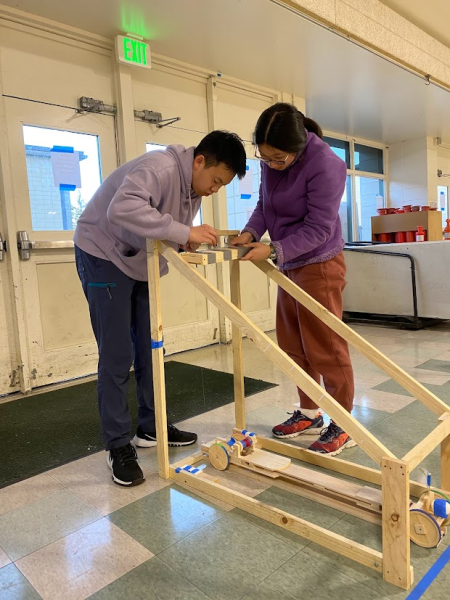Meditation: more than just breathing
After an awful day at school, the only thing I could focus on was the pounding sensation in my head — traffic made me five minutes late to first period, the math test I thought I aced came back with a ‘see me’ note, my laptop ran out of battery and I dropped my binder.
When I went home, hot tears clouded my vision as all other senses dulled. I felt powerless as everything spiraled out of control, but right as I was about to break down I remembered what my spiritual mentor had taught me: before I can tackle any problem, I have to center myself. I scrolled through YouTube, found my favorite guided meditation and began following the instructions. After a few minutes of repetition, my heartbeat returned to a steady rhythm and my mind cleared.
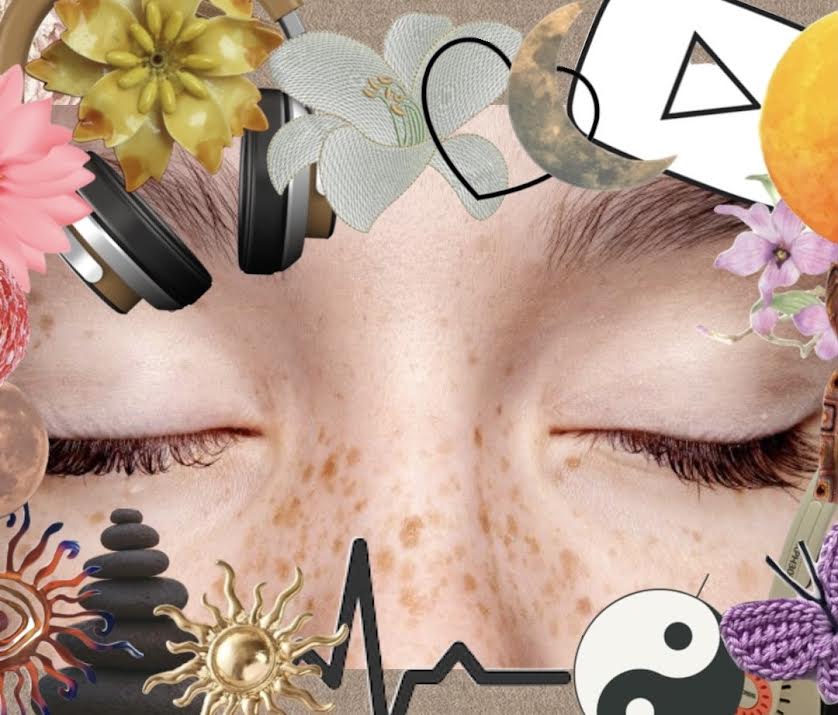
Meditation is one of the most well-known coping mechanisms, yet is also misunderstood, school-based therapist Sarah Loyd said. At its core, Loyd said meditation is a way to decompress and bring clarity.
“Meditation is a practice that brings you a sense of peace,” Loyd said. “Being able to calm down your body gives you a moment to think, to reconsider and to [refocus].”
One of the most common and practical applications of meditation is through guided practices available on YouTube and various apps, Loyd said.
“Meditation helps me with my sleep,” Loyd said. “There are some nights where my mind is racing, and meditations help me reflect and calm down. I prefer to use guided meditations because I find that I don’t wander off when using them.”
French and English teacher Kelly Ronsheimer said meditation has had a profound impact on her life, especially regarding her struggles dealing with an anxiety disorder.
“I especially recommend [meditation] for people who struggle with anxiety,” Ronsheimer said. “Meditation has helped me to manage my disorder in a way that it’s so automatic to do these meditative practices that I don’t really get that anxiety anymore.”
Mental health club co-president, senior Radhika Agarwal said she recommends meditation for everybody regardless of gender, ethnicity, age or socioeconomic situation.
“Anyone can do it,” Agrawal said, “whether you’re old or young, if you’re a CEO or imprisoned, anybody can try it.
Additionally, meditative practices are vital to mental health and are worth experimenting with, according to the American Psychological Association.
“People underestimate the power of our emotions and how we handle ourselves,” Agarwal said. “Mental health is quite important, so don’t be afraid to go on the journey in understanding what works for you because it’s something I believe so many people will benefit from if they try it.”
Faith is a senior and is pumped to return to The Epitaph for her second year, now as the art editor. She enjoys drawing and playing with her dog Sophie,...



